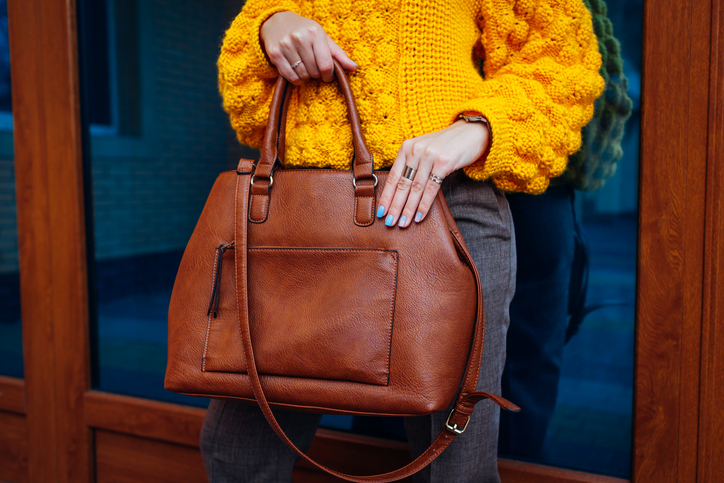Robbery
A robbery is when someone takes something from you with violence or threats – often, but not always, in the street or another public place. Robbery is also known as mugging, and even if you are not physically hurt, it’s still classed as a violent crime.
This content has been written for children and young people. If you’re looking for information for over 18s, visit our Types of Crime information about robbery.
Being confronted by a thief, who might have a weapon, can be a frightening experience for anyone.
Even if you’re not physically hurt during a robbery, it can really upset you because you have been threatened with violence or someone has used force to steal from you.

